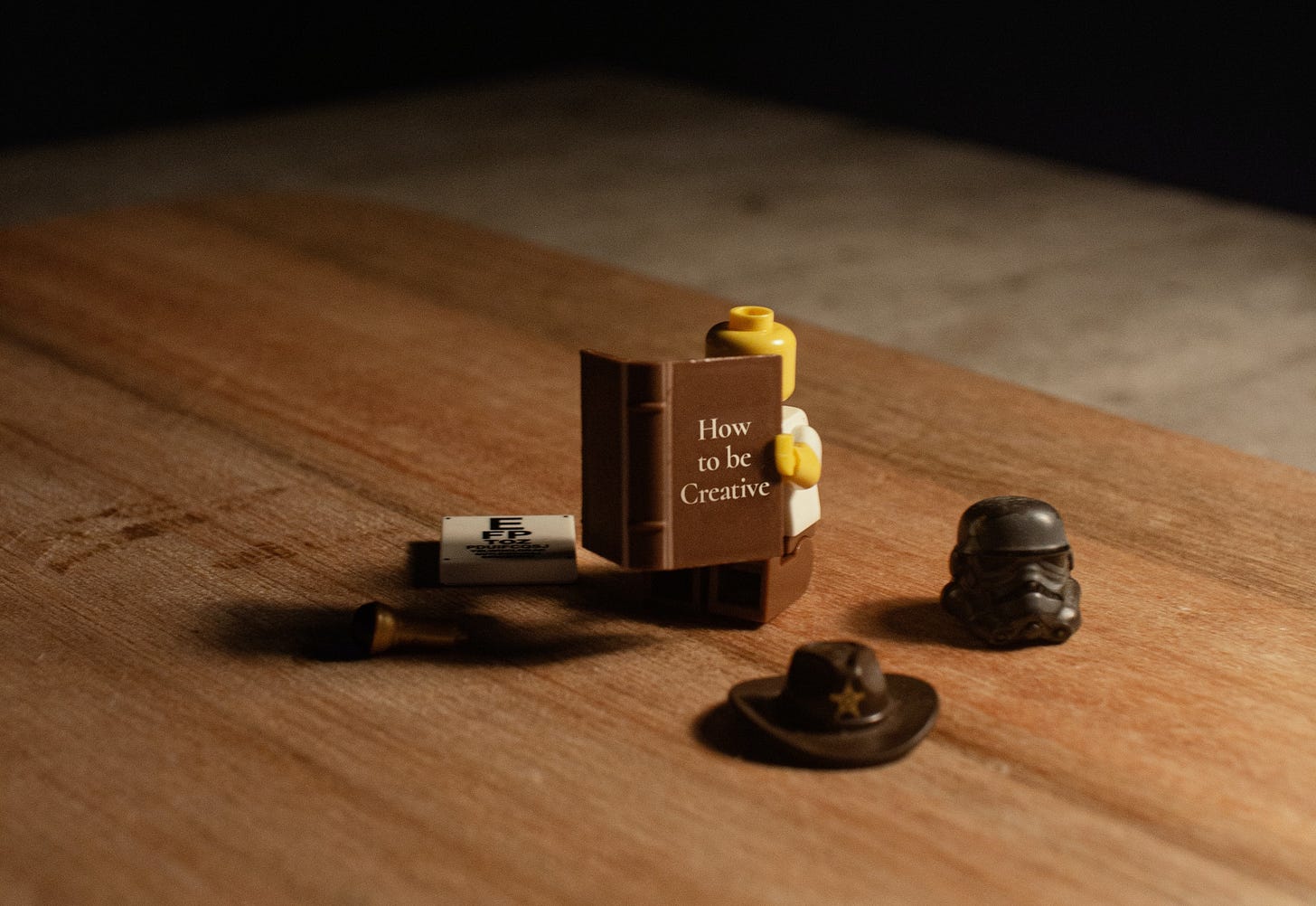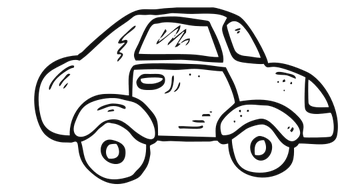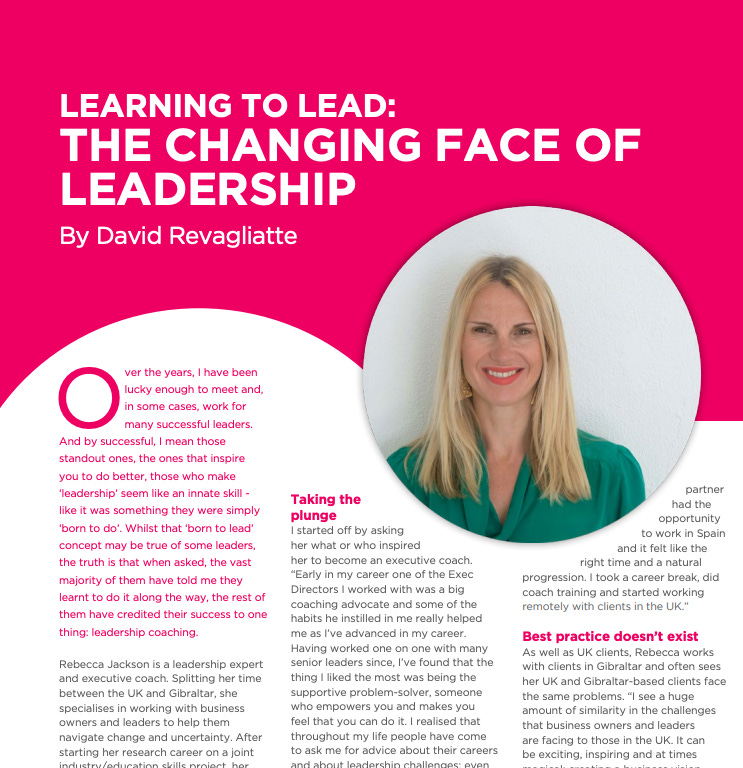Learning something new can be exhausting. And with the pace of change today, the need to learn to stay ahead of the game is imperative.
What it took to be a leader two years ago is phenomenally different to what it takes today leading in a remote, VUCA world. And none of us know what leadership skills will be most needed in twenty years time, or even ten.
“The illiterate of the 21st century will not be those who cannot read and write, but those who cannot learn, unlearn, and relearn.” — Alvin Toffler
If you’ve ever tried to learn something new you’ll know it’s not easy. The path to competency typically starts with what I like to refer to as ‘blissful ignorance’.
Before you learn to drive you’re blissfully unaware of the need to co-ordinate foot pedals and change gears. Once you know it feels overwhelming. But soon with conscious effort, you start to co-ordinate; ‘gear change up; gear change down; check mirrors, foot to pedal’. As the miles increase, conscious effort decreases.
The two circles at the top of the model above are arguably the happiest places to be. The hardest most challenging place is the bottom left, yellow. You know you need to learn and you’re actively doing it; but it takes effort and conscious application.
For busy leaders who thrive on quick results, this is where you are at biggest risk. Finding opportunities to put learning into practice, forcing yourself to do something that feels different and making mistakes it is tough and it takes time.
How long it takes to reach the tipping point between conscious effort and natural application remains the subject of much debate.
And without quick results it’s tempting to make excuses not to press on, and slip back into a vicious cycle of knowing you’re bad at something, beating yourself up and not making progress.
I recently took up surfing and boy, is it harder than it looks. After days of failing to stand on my board, and having well intended others explaining the concept of ‘popping up’, I was frustrated and making excuses to stay on land. After looking for alternatives a friend suggested youtube; brilliant slo-mo demos that have helped me visualise and see what’s needed.
Knowing is different to doing and I have been knocked underwater more times than I can count. And when a wave approaches every action is still conscious and intentional. Body in position; press up; front leg forward, back leg through, get up.
It’s hard, but I’m a novice and I’m learning faster. And after weeks of hitting the surf, I finally stood up.
Being a beginner is good; it challenges you mentally and forces you to get comfortable navigating adversity. Learning is necessary too. And it does get easier.
If you want to find ways to learn better, here are seven things to get you started.
Insight: For insight into what to learn and the must have leadership skills post-pandemic, delve into my in depth interview with the brilliant David Revagliatte for intouch Magazine.
Wise Words: Those folks on the internet have quite literally millions of ideas, suggestions and learning hacks. Back at the start of the last century, Henry Miller had a different view.
What can you take from his words below?
Focus: As a coach I believe that learning happens through repetition, practice and reflection. The more reps you put in the quicker the learning. But because learning takes high energy and high effort, it doesn’t stick when you’re trying to learn too many things at once.
“The best way to change your entire life is by not changing your entire life. Instead, it is best to focus on one specific habit, work on it until you master it, and make it an automatic part of your daily life. Then, repeat the process for the next habit. The way to master more things in the long-run is to simply focus on one thing right now.”
James Clear, Author of Atomic Habits
How many things are you trying to learn right now?
Which one thing will have the biggest impact on the way you work and live?
What will it take to let the others go, for now?
Mix it up: Learning in multiple ways, using different tools to stimulate different parts of the brain, has been found to build interconnection and cement the knowledge in your mind.
Watch a video for visual learning, listen to a podcast for audio, read a book, pause and reflect, use mind maps or notes to document your learning or teach what you’ve learned to others. The wider the range, the more you’ll retain and the quicker you’ll learn.
What methods of learning do you rely on the most?
What other method could you add to your
approach?
Read: Be intentional about your learning. In his extensive research Michael Simmons found that despite being extremely busy, leaders such as Oprah, Bill Gates and Elon Musk set aside at least an hour a day (or five hours a week) over their entire career for activities that could be classified as deliberate practice or learning.
How much time do you need to deliberately set aside for learning each week?
Go old school: Taking handwritten notes has shown that you’re likely to learn better than typing notes on a laptop.
Jonathan Chew shares some useful insight here in Your Lousy Handwriting Might Actually Make You Smarter. (*a wonderful title that initially peaked my interest to make the case for my renowned illegible scrawl).
Share: There is no learning in the comfort zone. And no comfort in the learning zone. But you can find and provide support there. Hit the button below to share with others in the community:
What one thing have you found to be effective at boosting your learning?
Thanks for reading this. You can find more ideas and connect with me on Linkedin and Twitter. And if you’d like some help developing your leadership approach, send a quick note to me at rebecca@rebeccajjackson.com and I’ll help you figure it out.


















I enjoyed your article, and am confident you will master surfing in no time.
One of the most effective ways of learning, for me, has to do with finding the expert and learning hands on - directly with them. Watching, taking notes, and asking questions. Then doing the thing yourself. You cannot fail because the expert/teacher/mentor is right there with you.
When you get a bit of competency, then repetition and practice is how to get good at the thing. And, in my opinion, you don't need to practice for 10,000 hours to get good at it. Of course it depends on the task at hand, but when you start to get good, time spent melts away.
Then the chore of learning turns into passion.